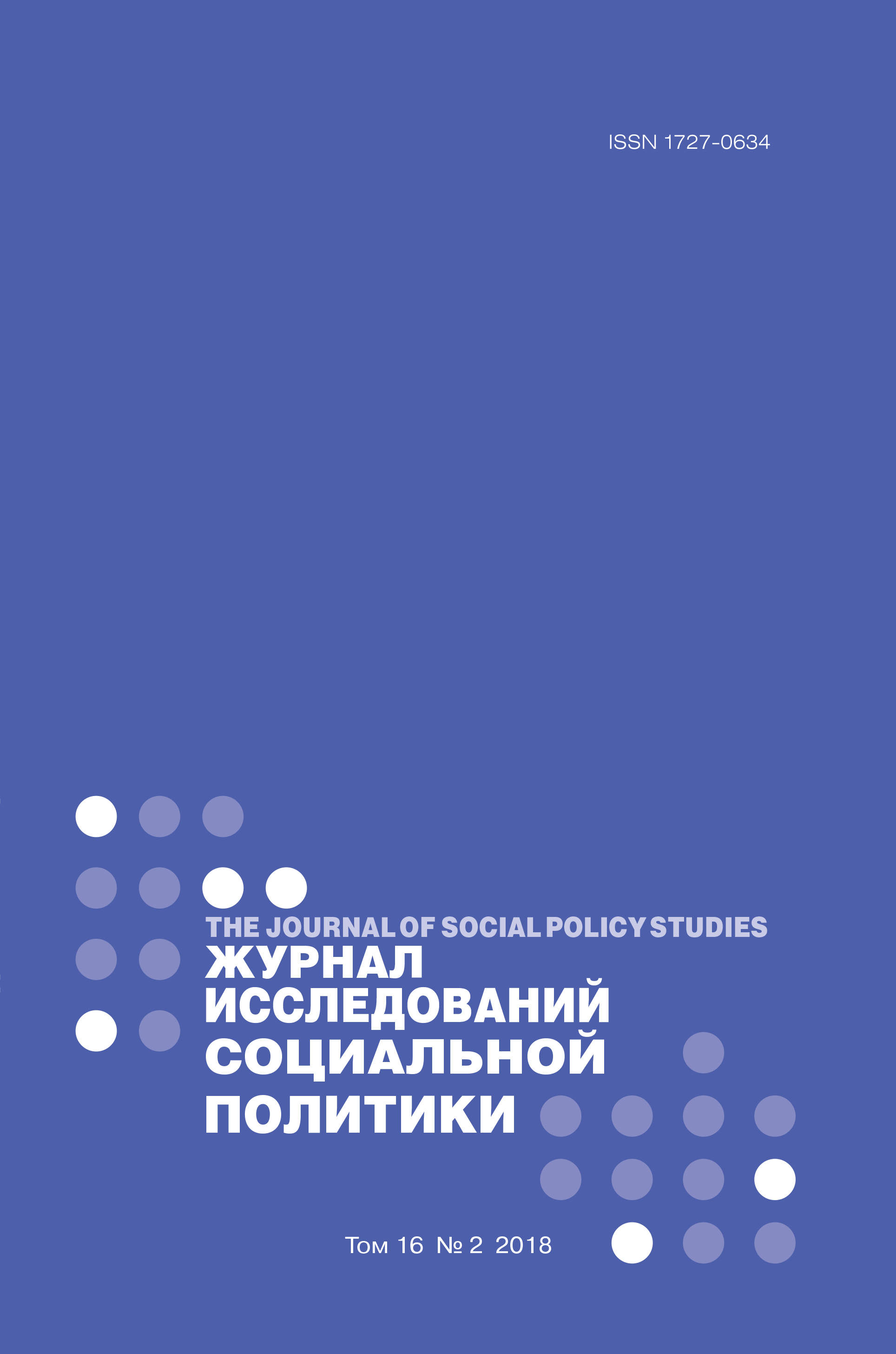The Medicalization of Criminality in Soviet Forensic Psychiatry, 1918–1936
Abstract
Mikhail Pogorelov – PhD student, School of History, the National Research University Higher
School of Economics, Moscow, Russian Federation. Email: milhail.alex.pogorelov@gmail.com
This paper considers the emergence of early Soviet forensic psychiatry, which was established as an academic discipline and clinical practice in the 1920s and 1930s. The research is based on the materials of professional congresses, scientific works, legal and official records, and examines how psychiatrists
tried to define their tasks and professional jurisdiction. Bolsheviks gave professionals an opportunity to reform forensic psychiatric expertise and their status in criminal procedure. More importantly, the relative intellectual freedom and ambiguity of early Soviet criminal codes allowed them to embody a scientific understanding of criminal and criminality in psychiatric practice and theory. A group of Soviet psychiatrists shared a view, which linked antisocial behavior of criminals with their pathological predisposition. The
broad category of 'borderline' illnesses was medicalized and placed under the jurisdiction of forensic psychiatry. Thus, practitioners of the discipline tried to establish psychiatric control in prisons. The situation changed, however, in the 1930s when, in response to political challenges of Stalinization,
discipline started to rearrange itself. First of all, the category of psychopaths was redefined and narrowed. From that time on only prisoners with organic diseases could be declared insane and subjected to coercive treatment, while all 'borderline' cases of the 'socially dangerous' were transferred from medicine
to the penal system. Second, the goals of discipline changed. In the 1920s studies of psychiatrists embraced the wide range of issues, especially, the search for a link between criminality and mental illness. Here the main goal was formulated in a broad sense as building social expertise. In the middle of the 1930s, however, forensic psychiatry restricted this main goal, providing judicial agencies with expert opinions on the mental conditions of the accused. This shift was linked to a reorientation of professional jurisdictions and the institutionalization of forensic psychiatry under conditions of the Stalinization
of science and the hardening of criminal justice.















